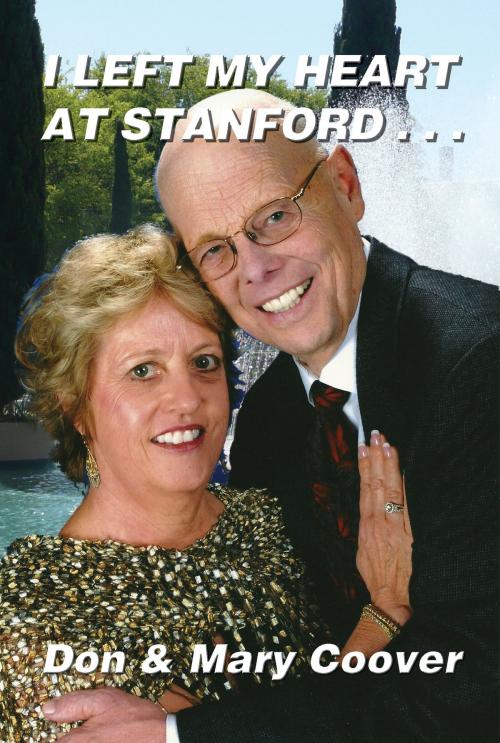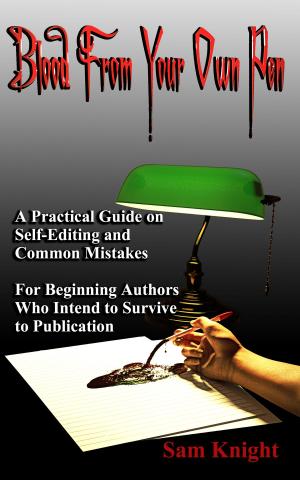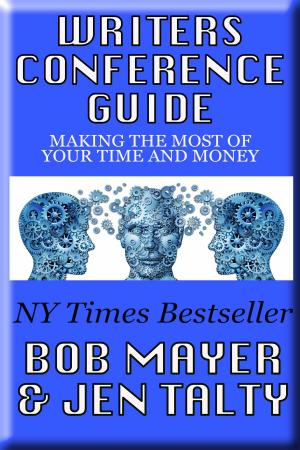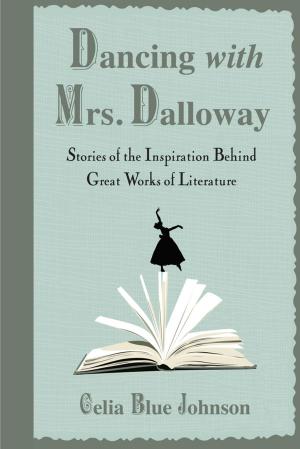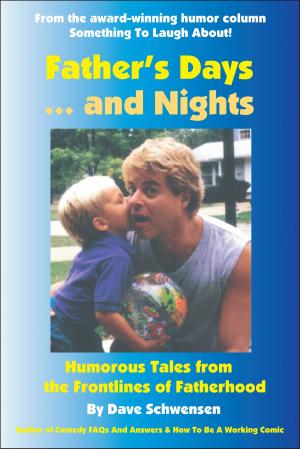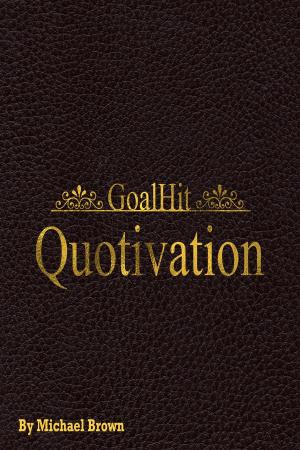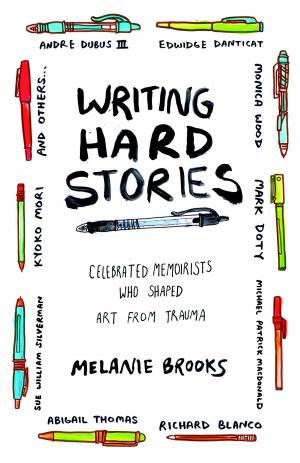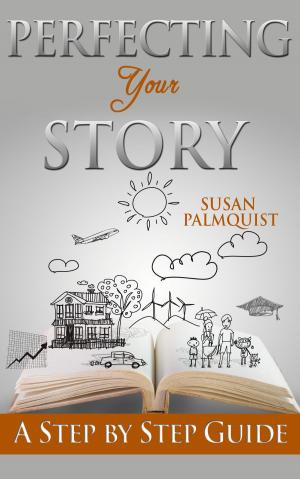I Left My Heart At Stanford . . .
Nonfiction, Health & Well Being, Health, Ailments & Diseases, Heart, Reference & Language, Language Arts, Writing & Publishing, Authorship| Author: | Don Coover III | ISBN: | 9781301373369 |
| Publisher: | Don Coover III | Publication: | November 12, 2012 |
| Imprint: | Smashwords Edition | Language: | English |
| Author: | Don Coover III |
| ISBN: | 9781301373369 |
| Publisher: | Don Coover III |
| Publication: | November 12, 2012 |
| Imprint: | Smashwords Edition |
| Language: | English |
The impact of being born six weeks prematurely with an inherited connective tissue disorder wasn't completely understood until later in life. As a child, Don was always aware of having a tender skin which would cut and become traumatized very easily. With proper precautions in life style and his guarded approach to physical activities, he could lead a fairly normal life. This continued to be the situation until reaching his mid forties, when his life suddenly took a dramatic turn. Don ended up in a hospital emergency room, only to find out he had congestive heart failure due to the connective tissue disorder, which was referred to as Ehlers-Danlos Syndrome. It was learned this inherited disorder is represented by faulty collagen, which is a protein in the body acting as a glue in holding tissues together. Without this "glue," bodily organs can become affected, as was the case with his heart. With the diagnosis, Don was informed by his cardiologist, that in all probability, someday he would be headed for a heart transplant. The following sixteen years involved leading a very controlled and finely choreographed existence with prescriptions and diet constraints, all while undergoing various medical procedures, which included the implantation of two difibrillators and an open heart valve repair, in the hopes of warding off the impending transplant. Along the way, he developed issues with bladder function and with kidney failure. Consequently, after all avenues had been exhausted, a transplant was performed at Stanford University Hospital in 2006. However, the first transplanted heart did not begin pumping on its own and Don was immediately placed on life support while waiting for another heart. He was fortunate to stay alive long enough to receive the second heart. Because of being placed on life support before the second transplant and being kept in an induced coma for six weeks after the transplant, Don was little more than a vegetable. He had to relearn many of his motor skills, including the ability to swallow, talk, walk, dress himself, and attend to his personal hygiene. When his original heart failed, the kidneys also failed, and Don was immediately placed on dialysis, which he continued needing during six long, arduous months recovering at Stanford and after returning home. As if the heart ordeal wasn't enough, he returns to Stanford a year later for a kidney transplant, after spending much of his time in a dialysis chair, while his wife submits to months of rigorous testing in order to donate a kidney to him.
This ends up being the ultimate feel good story, because against many odds, his inner strength, determination, and strong will carried him through. More importantly, is witnessing the compassion and caring of an excellent medical community, and the unwavering support of a loving wife, children, family, and many friends. This true-life story is told in two view points; one by Don and the other by his wife, Mary. Organ donation is the ultimate gift of love!
The impact of being born six weeks prematurely with an inherited connective tissue disorder wasn't completely understood until later in life. As a child, Don was always aware of having a tender skin which would cut and become traumatized very easily. With proper precautions in life style and his guarded approach to physical activities, he could lead a fairly normal life. This continued to be the situation until reaching his mid forties, when his life suddenly took a dramatic turn. Don ended up in a hospital emergency room, only to find out he had congestive heart failure due to the connective tissue disorder, which was referred to as Ehlers-Danlos Syndrome. It was learned this inherited disorder is represented by faulty collagen, which is a protein in the body acting as a glue in holding tissues together. Without this "glue," bodily organs can become affected, as was the case with his heart. With the diagnosis, Don was informed by his cardiologist, that in all probability, someday he would be headed for a heart transplant. The following sixteen years involved leading a very controlled and finely choreographed existence with prescriptions and diet constraints, all while undergoing various medical procedures, which included the implantation of two difibrillators and an open heart valve repair, in the hopes of warding off the impending transplant. Along the way, he developed issues with bladder function and with kidney failure. Consequently, after all avenues had been exhausted, a transplant was performed at Stanford University Hospital in 2006. However, the first transplanted heart did not begin pumping on its own and Don was immediately placed on life support while waiting for another heart. He was fortunate to stay alive long enough to receive the second heart. Because of being placed on life support before the second transplant and being kept in an induced coma for six weeks after the transplant, Don was little more than a vegetable. He had to relearn many of his motor skills, including the ability to swallow, talk, walk, dress himself, and attend to his personal hygiene. When his original heart failed, the kidneys also failed, and Don was immediately placed on dialysis, which he continued needing during six long, arduous months recovering at Stanford and after returning home. As if the heart ordeal wasn't enough, he returns to Stanford a year later for a kidney transplant, after spending much of his time in a dialysis chair, while his wife submits to months of rigorous testing in order to donate a kidney to him.
This ends up being the ultimate feel good story, because against many odds, his inner strength, determination, and strong will carried him through. More importantly, is witnessing the compassion and caring of an excellent medical community, and the unwavering support of a loving wife, children, family, and many friends. This true-life story is told in two view points; one by Don and the other by his wife, Mary. Organ donation is the ultimate gift of love!
